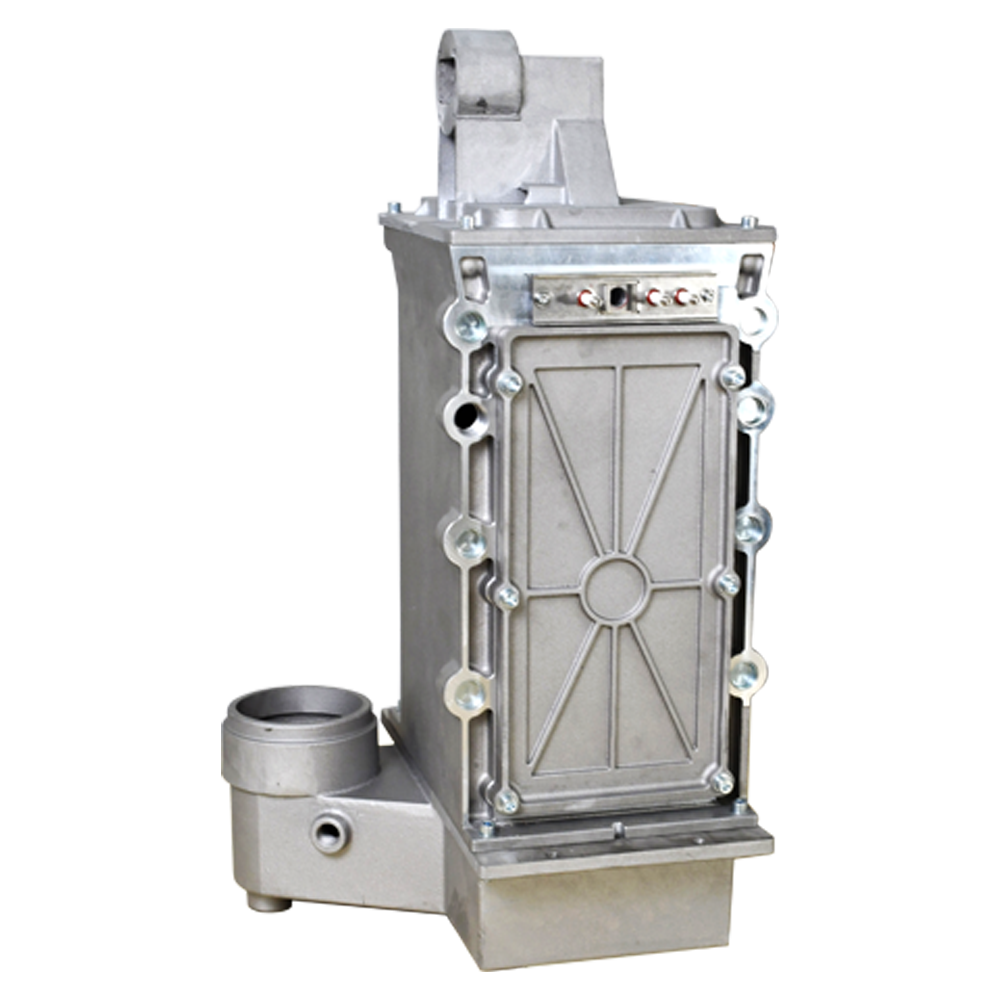- Afrikaans
- Albanian
- Amharic
- Arabic
- Armenian
- Azerbaijani
- Basque
- Belarusian
- Bengali
- Bosnian
- Bulgarian
- Catalan
- Cebuano
- China
- China (Taiwan)
- Corsican
- Croatian
- Czech
- Danish
- Dutch
- English
- Esperanto
- Estonian
- Finnish
- French
- Frisian
- Galician
- Georgian
- German
- Greek
- Gujarati
- Haitian Creole
- hausa
- hawaiian
- Hebrew
- Hindi
- Miao
- Hungarian
- Icelandic
- igbo
- Indonesian
- irish
- Italian
- Japanese
- Javanese
- Kannada
- kazakh
- Khmer
- Rwandese
- Korean
- Kurdish
- Kyrgyz
- Lao
- Latin
- Latvian
- Lithuanian
- Luxembourgish
- Macedonian
- Malgashi
- Malay
- Malayalam
- Maltese
- Maori
- Marathi
- Mongolian
- Myanmar
- Nepali
- Norwegian
- Norwegian
- Occitan
- Pashto
- Persian
- Polish
- Portuguese
- Punjabi
- Romanian
- Russian
- Samoan
- Scottish Gaelic
- Serbian
- Sesotho
- Shona
- Sindhi
- Sinhala
- Slovak
- Slovenian
- Somali
- Spanish
- Sundanese
- Swahili
- Swedish
- Tagalog
- Tajik
- Tamil
- Tatar
- Telugu
- Thai
- Turkish
- Turkmen
- Ukrainian
- Urdu
- Uighur
- Uzbek
- Vietnamese
- Welsh
- Bantu
- Yiddish
- Yoruba
- Zulu
Sep . 04, 2024 20:08 Back to list
Residential Gas Fired Hot Water Boilers - Efficient Heating Solutions
Residential Gas Fired Hot Water Boilers A Comprehensive Overview
Residential gas fired hot water boilers are essential heating appliances that provide warm water for residential use. These systems play a vital role in maintaining comfort in households, especially during the colder months. Understanding their operation, benefits, and maintenance can help homeowners make informed decisions regarding heating solutions.
How They Work
Gas fired hot water boilers operate by burning natural gas or propane to heat water, which is then circulated through pipes to radiators, baseboards, or other heating systems. The process begins when gas is ignited in the combustion chamber, producing heat that warms the water within the boiler. The heated water is then pumped through a network of pipes, delivering warmth to various areas of the home.
Most modern gas fired boilers are equipped with advanced controls that optimize efficiency and safety. For instance, modulating gas valves adjust the gas supply based on the heating demand, ensuring that the boiler operates at peak efficiency. Additionally, many units come with programmable thermostats that allow homeowners to set specific heating schedules, further enhancing energy savings.
Benefits of Gas Fired Boilers
1. Efficiency Gas fired hot water boilers are known for their efficiency. Many models achieve Annual Fuel Utilization Efficiency (AFUE) ratings exceeding 90%, meaning they convert a significant percentage of the fuel into usable heat. This not only reduces energy bills but also minimizes the environmental impact.
2. Cost-Effectiveness Natural gas is often less expensive than electricity, making gas boilers an economical choice for homeowners. The reduced operational costs, combined with lower maintenance expenses compared to electric systems, can lead to significant savings over time.
residential gas fired hot water boilers

3. Sustainability While all combustion-based systems emit greenhouse gases, natural gas is considered a cleaner alternative to oil or coal. It produces fewer emissions per unit of energy generated, making gas fired boilers a more environmentally friendly option for heating.
4. Reliable Performance Gas fired boilers are known for their reliability. They can deliver consistent heat quickly and are less prone to the downtimes that may affect electric systems during peak demand periods. This reliability is particularly important in regions that experience harsh winters.
Maintenance and Care
To ensure optimal performance and longevity of gas fired hot water boilers, regular maintenance is crucial. Homeowners should schedule annual inspections with qualified professionals to check for any potential issues, such as gas leaks, corrosion, or sediment buildup. Flushing the system to remove mineral deposits can enhance efficiency and extend the boiler's lifespan.
Additionally, checking the pressure relief valve, ensuring proper ventilation, and inspecting the thermostat settings are important maintenance tasks that can prevent safety hazards and promote efficient operation. Homeowners should also be aware of the signs that indicate a maintenance issue, such as unusual noises, fluctuations in water temperature, or an increase in energy bills.
Conclusion
Overall, residential gas fired hot water boilers are a practical and efficient solution for home heating needs. Their cost-effectiveness, reliability, and environmental advantages make them a popular choice among homeowners. With proper maintenance and care, these systems can provide warm, comfortable living spaces for years to come. As energy concerns continue to grow, gas fired boilers stand out as a solution that balances performance with sustainability, making them worthy of consideration for any homeowner looking to improve their heating system.
-
Steel Reinforced Concrete Pipe Bottom Ring Molds High-Quality & Custom
NewsMay.16,2025
-
Low NOx Condensing Gas Boilers for Domestic Hot Water ODM & Custom
NewsMay.16,2025
-
Buy Cast Silicon Aluminum Hot Water Heat Exchangers Efficient & Durable
NewsMay.15,2025
-
Precision Stainless Steel Casting Services Sand/Investment/Die Casting
NewsMay.15,2025
-
China Investment Casting Parts High Precision & Durable Solutions
NewsMay.14,2025
-
Water Glass Sand Casting Custom & ODM Solutions, High Precision
NewsMay.14,2025


